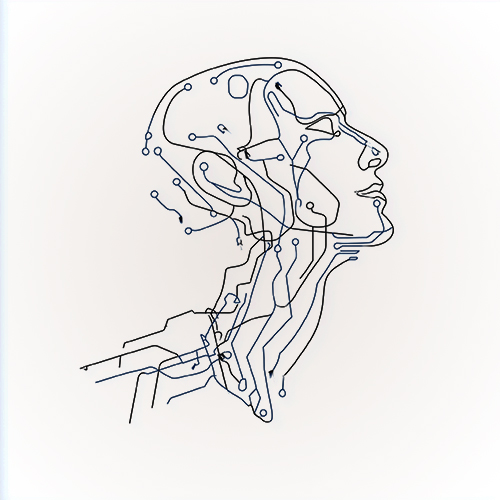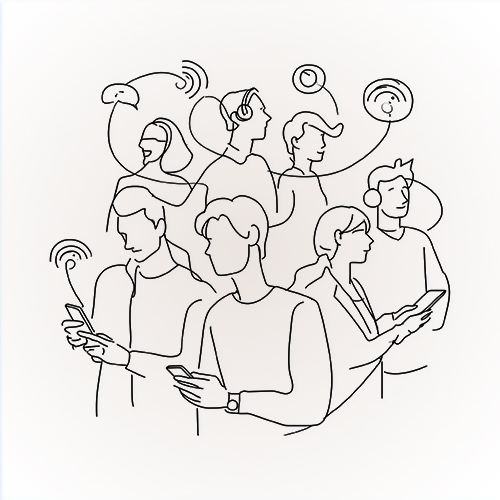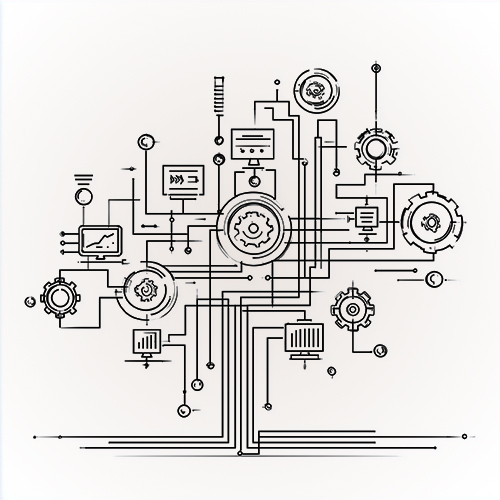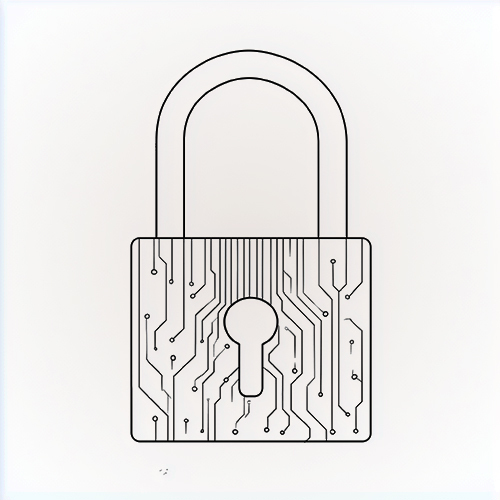Digia developes security for society’s critical operators
Critical factors related to the functioning of society include, among others, security, defence and rescue operations. Of these, security in particular plays a largely preventive role – it is better to plan ahead, allowing situations that negatively affect security to be prevented in advance and avoiding the need for rescue measures, for example.
During the spring of 2022, events affecting security have been experienced in Finnish society as well. The changed security climate has affected various operators; public authorities, for example, have been the target of cyber security attacks or influence attempts that have been reported on in the media. Large-scale cyber disruptions endanger society’s ability to function and, at worst, the safety of citizens.
Digia has a long history of working with Finnish authorities and is specifically capable of handling situations with particularly high security requirements. This background makes Digia’s strength a broad view of the security aspects of society as a whole.
“Working with different authorities is demanding, and as operators, public authorities are strictly regulated within the framework of legislation. We are able to introduce an outside perspective to security and highlight, for example, aspects of cyber security development among various authorities”, says Sami Paihonen, Senior Vice President, Intelligent Solutions, Digia Plc.
Knowledge-based management, digitalisation and secure cloud services
For public authorities, as for other operators, major ICT themes related to the security environment include knowledge-based management, digitalisation and secure cloud services. It is important for each authority to monitor the operational overview relevant to its own activities and for this overview to be as accurate as possible. Knowledge must be managed with high quality. At Digia, the possibilities of knowledge-based management related to national defence are constantly being considered and developed with, for example, the Finnish Defence Forces.
“We think about how knowledge can be utilised in a more versatile way, conduct experiments and, for example, simulate situations and actions based on knowledge. Data security is naturally at the core of our work at all times”, says Jussi Tammelin, head of the Defence Unit.
Secure ICT solutions and a reliable ICT partnership improve the performance of different authorities and allow for as accurate an operational overview as possible.
“We have been cooperating with the Finnish Defence Forces for more than 20 years and have been a partner to them since 2018. As a natural continuation of this, in May 2022, Digia established the Defence Unit to be responsible for customer relationship management and service production in the defence sector, such as for the Finnish Defence Forces. The Defence Unit brings together the sector’s critical experts and project coordination as well as delivers efficiency and added value for the entire sector throughout Digia’s offering. Our capabilities and expertise are evidenced by the fact that Digia employs well over a hundred ICT professionals with security clearances from the Finnish Defence Forces in various business areas. With the Defence Unit, we want to make these Digia experts available to the defence industry even more effectively”, Tammelin adds.
Digitalisation provides a great opportunity for security authorities to work together for security. At the same time, the isolated nature of digital solutions is a challenge, as one technology cannot solve things, but rather it is necessary to learn to utilise many different entities together – for example, data, artificial intelligence and analytics. Increasing security requires creativity as well.
Digia has been implementing operational systems for security-critical environments for the last 20 years. The systems are used by both the authorities and in part by citizens. Secure software development is an integral part of Digia’s operating model, which involves taking security and usability into account from the initial stages of service development all the way to the end user experience, while also considering the requirements of life cycle support and preparedness.
“With regard to public authorities, we have built, for example, the 112 application for rescue services. There is a lot of technology available and it can be cross-utilised by different operators. From the point of view of security, we are still far from taking full advantage of the potential of ICT innovations. Even if ready-made solutions exist in terms of technology, their implementation is not always simple and quick. At best, existing technology can be utilised more extensively and securely also for other operators”, says Sami Paihonen.
Even though cloud-based solutions are now the norm, they also require consideration. Security authorities too may have the desire and need to transfer data to the cloud, but legislation, for example, does not necessarily support that goal and will.
“The performance offered by the cloud is attractive, but the situation is complicated, especially in the context of authorities. We understand that regulation is a challenge, and we want to bring our expertise and technology together and use them to solve problems. At this moment, the key question is what can be transferred to the cloud now and what can be transferred in the future. It is essential that the party building ICT solutions and providing the service is at the forefront of development”, Paihonen explains.
Cyber changed the world
Warfare has traditionally been thought of as taking place on land, in the air and at sea, but nowadays the cyber world provides another extension to this and social media, for example, constitutes one strong dimension of warfare. The era of electronic influence is also underway. Malware that ends up or is installed on devices is doing its own clandestine work to undermine security, and some of it is deliberately in sleeper mode, waiting for the right moment to strike.
“The potential to damage, for example, the energy production infrastructure is significant. Preparedness and active cooperation between authorities are essential in terms of these threats undermining security as well. Organisations should look at their ICT infrastructure and partners as a whole, as the infrastructure is only as strong as its weakest link”, Paihonen concludes.
Further information:
Sami Paihonen
Senior Vice President, Intelligent Solutions, Digia Plc
tel. +358 50 502 1111
sami.paihonen(a)digia.com
Jussi Tammelin
Director, Defence, Digia Plc
tel. +358 50 574 6570
jussi.tammelin(a)digia.com
Digia is a trusted European partner in intelligent business. As a consulting, software and services company, we help our customers to create, maintain and develop intelligent business. We bring the benefits of AI to our customers' everyday processes, products, and services throughout their lifecycles. Our approximately 1600 employees operate internationally, yet always close to our customers. Digia’s net sales totalled EUR 217.0 million in 2025. The company is listed on NASDAQ Helsinki (DIGIA).




